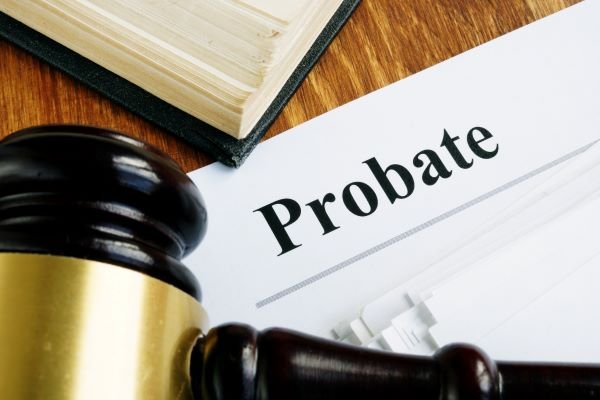What is a Probate Lawyer: A lawyer with expertise in the complexities of the probate procedure, which deals with the division of a deceased person's assets and estate, is known as a probate lawyer. Making sure the individual's preferences, as stated in their will or as defined by the rules of intestacy, are properly carried out is the goal of this judicial procedure.
For the Web-Story of this Article “Click Here“.
Probate attorneys are essential in helping clients through the complexity of probate law, provide guidance on estate planning, create wills, and ensure that assets are distributed to beneficiaries in a timely manner.
Additionally, they represent executors or personal representatives in probate court, oversee estate administration, and assist in mediating conflicts amongst beneficiaries. Probate attorneys also offer knowledge in tax planning, conservatorships, and guardianships.
They play a crucial role in ensuring that the probate procedure follows the law while protecting the interests of all parties involved.
Probate Lawyer
An attorney with a focus on managing cases involving the probate procedure is known as a probate lawyer. A person’s assets and estate are dispersed through the legal procedure of probate in accordance with their will, or the statutes of intestacy in the absence of a valid will.

A probate lawyer’s main responsibility is to help clients through the complexity of probate law and make sure that the assets of the deceased are distributed in line with their desires or the relevant laws.
A probate lawyer may be involved in the following major duties and projects:
- Advising Clients: Probate attorneys advise clients on all aspects of the probate procedure, including the legal prerequisites, rights, and duties of beneficiaries and heirs.
- Drafting Wills and Estate Plans: Probate attorneys frequently assist clients in drafting wills and estate plans that specify how their assets should be allocated upon their passing. Making arrangements for beneficiaries, heirs, and charity organizations may fall under this category.
- Probate Court Representation: During the probate procedure for a will, the executor or personal representative of the estate may be represented in court by a probate attorney. They might submit the required paperwork, reply to objections, and make sure the probate procedure runs smoothly.
- Probate attorneys help with the administration of an estate, including asset identification and inventorying, paying off debts and taxes, and allocating assets to beneficiaries.
- Resolving issues: A probate lawyer can assist in mediating or litigating issues that develop between beneficiaries, heirs, or creditors. This might include disputes over wills, claims made against the estate, or the division of assets.
- Planning for taxes: Probate attorneys frequently offer advice on reducing the tax repercussions of estate transfers, particularly concerns about estate taxes and inheritance taxes.
- Guardianship and Conservatorship: To safeguard the interests of people who are unable of managing their own affairs owing to incapacity, a probate lawyer may assist in the establishment of guardianships or conservatorships.
- Trusts: Although trust administration is not the same as probate, probate attorneys may also aid with the establishment and administration of trusts, which can help avoid the probate procedure for some assets and give the beneficiaries of a trust more choice over how their assets are distributed.
Conclusion
The knowledge of a probate attorney is essential for navigating the complex world of estate distribution. They may help people create trusts, make wills, and organize their estates skillfully so that the complexity for their beneficiaries is kept to a minimum.

These attorneys facilitate the orderly transfer of assets while maintaining the decedent’s objectives through thorough representation in probate court, dispute settlement, and careful tax preparation. Their crucial function creates a balance between the requirements of the law and the delicate emotional issues involved in estate procedures, providing thorough answers at a trying time.
